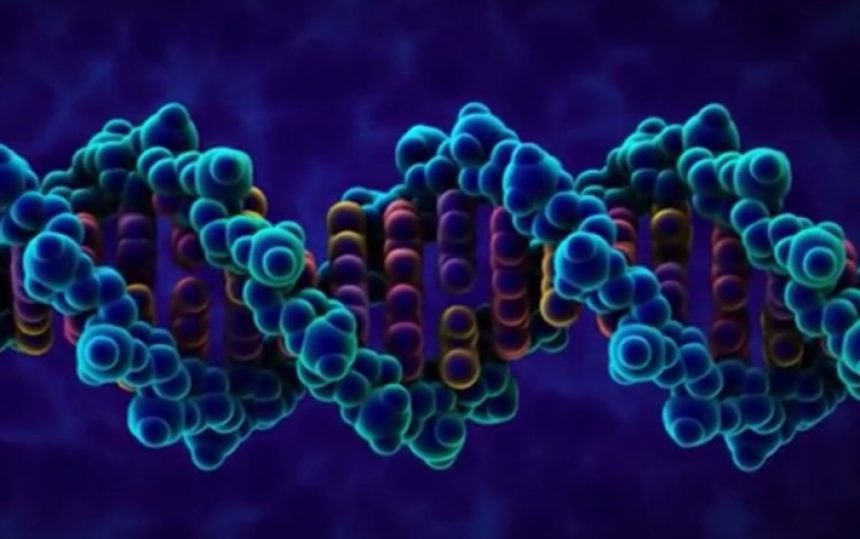Until a few years ago it was thought that our DNA changed over generations to adapt to the environment. However, in response to certain stimuli it has been observed that our DNA can respond in a much shorter time without changing its fundamental structure. This has led to a new branch of Genetics called Epigenetics. The epigenetic response can be for good or bad and all depends on circumstances that may change depending on the particular environment. The news is that our DNA should no longer be considered a destiny with no appeal. Our health is now much more in our own hands. Nutrition, physical activity, air, sun etc. can all give rise to epigenetic changes. The stimuli that give rise to such changes may be more active in certain periods of our life. For example, duration of pregnancy, season of birth, type of milk, presence of animals, social and economic background, time spent with parents give epigenetic modifications the effects of which are seen in adulthood. In particular, nutrition, exposure to microbes, and certain psychological and social aspects of early infancy may favor tissue inflammation that is at the core of diseases such as diabetes, cardiovascular disease, dementia. Our DNA at birth is not fixed, but is a dynamic structure that collects info from the environment when we are young to prepare strategies for when we are adults. We are not dependent on our DNA but rather, it is our DNA that depends on us and the type of stimuli we want to give it.


Leave a Reply